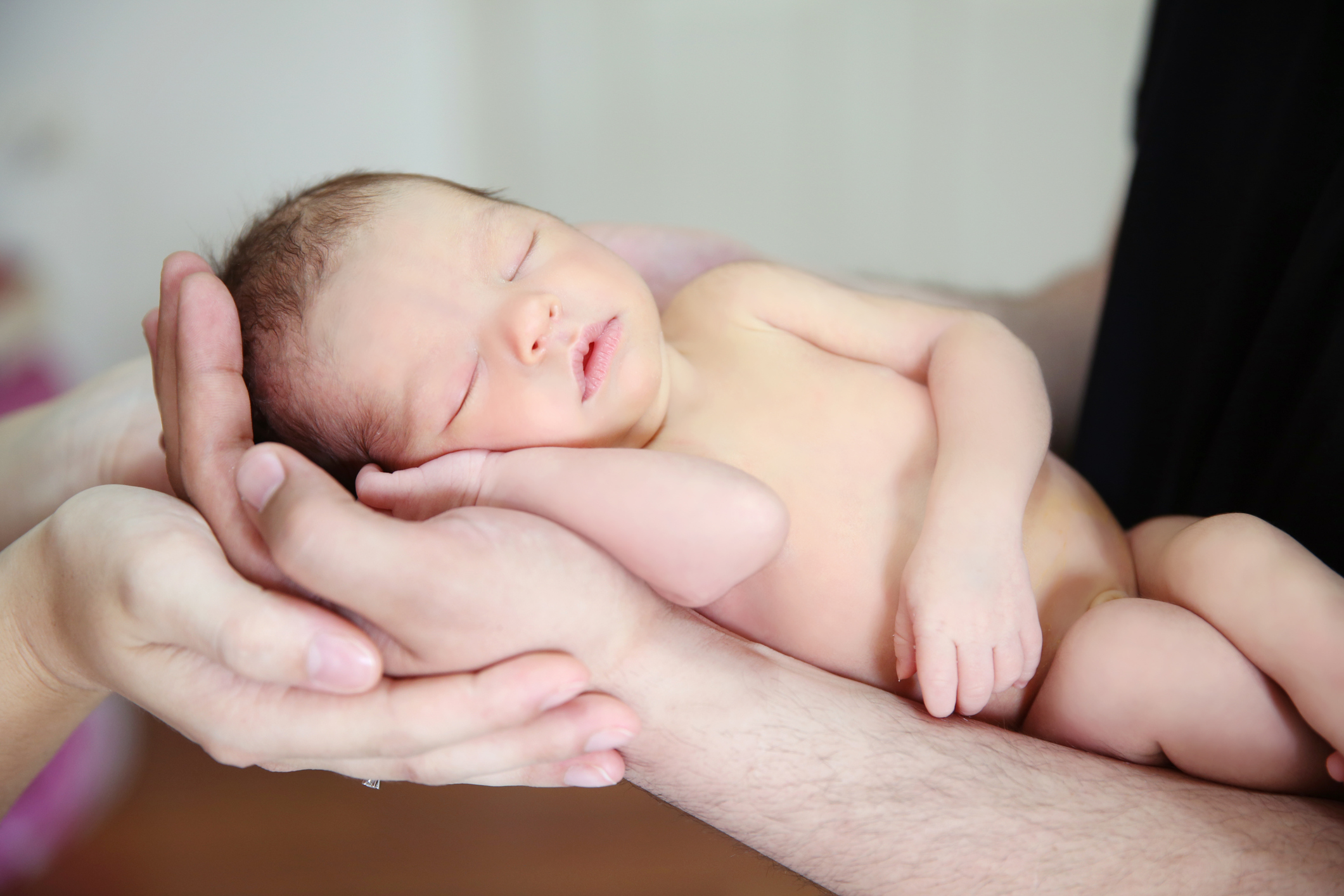
(This content is being used for illustrative purposes only; any person depicted in the content is a model)
Author: Shernide Delva
Every 25 minutes, a baby is born addicted to opioids. The use of opioids results in newborns born with a condition called neonatal abstinence syndrome (NAS), and it is essentially when a baby is born withdrawing from drugs. The condition causes a newborn to suffer through a variety of withdrawal symptoms resulting in lengthy and costly overnight hospital stays.
A study from 2012 estimated that nearly 21,731 babies are born with this condition. With the rise of drug addiction, more babies than ever are born addicted to substances mothers consumed during pregnancy. Often, these mothers are too consumed by their addiction to nurture their child.
Now, hospitals are fighting back by recruiting volunteers to cuddle these innocent babies. A few cuddles from selfless volunteers may be just what they need to heal. These babies have incredible obstacles to overcome from the moment they leave the womb. Healing from neonatal abstinence syndrome is a long painful process. Nurses wean babies off of their withdrawal symptoms by administrating smaller and smaller doses of morphine or methadone.
The good news is that a program developed by veteran nurse Jane Cavanaugh of Thomas Jefferson University Hospital is proving to drastically help with the treatment process. Cavanaugh knew she had to do something to help the staggering amount of babies born with NAS. She came up with an ingenious plan that let people volunteer to help cuddle and hold newborns in an attempt to help them through their withdrawals.
“These babies going through withdrawal need to be held for extended periods,” Cavanaugh tells Philly.com. “They need human touch. They need soothing. They need talking,”
Shortly after the program was announced on Philly.com, it quickly exceeded capacity on volunteers. Philadelphia readers eagerly wrote in asking how they could become a baby snuggler. The list is currently full and won’t reopen until July 2017.
Maribeth McLaughlin, chief nursing officer and vice president of Patient Care Services at Magee-Women’s Hospital of UPMC in Pittsburgh, strongly supports Cavanaugh’s treatment solution. According to her, the cuddling and snuggling seem to be helping.
“[Cuddling] is helping them manage through these symptoms, They are very irritable; they are hard to console. This is about swaddling them and giving them that comfort and safe, secure feeling,” she told Today.com.
McLaughlin, who oversees a group of volunteers for the program, found that cuddling expedites the healing process. She discovered that babies in withdrawal who are held go home sooner and need less medication on average than those that are not held.
Overall, the program demonstrates that cuddling helps babies through their dependencies. Even more comforting, it helps the parents by creating a liaison between the children and their mothers who often feel characterized by the doctors and nurses.
Anyone interested in snuggling babies should reach out to volunteer programs in their area. Although not every hospital will have this exact program, many do and need volunteers to help. So far, hospitals in Texas, Ohio Chicago, California (and much more) have similar programs. Try calling your local hospital and ask about their volunteer services. Even if they do not have this exact program, you could find another way to contribute.
This form of treatment proves that touching and human connection often make the biggest impact in the healing process. Babies who are held and cuddled, on average, go home sooner than those who were not held during treatment. Perhaps, these results say a lot about human nature. If you or anyone you know is struggling with substance use disorder or mental illness, please call now.